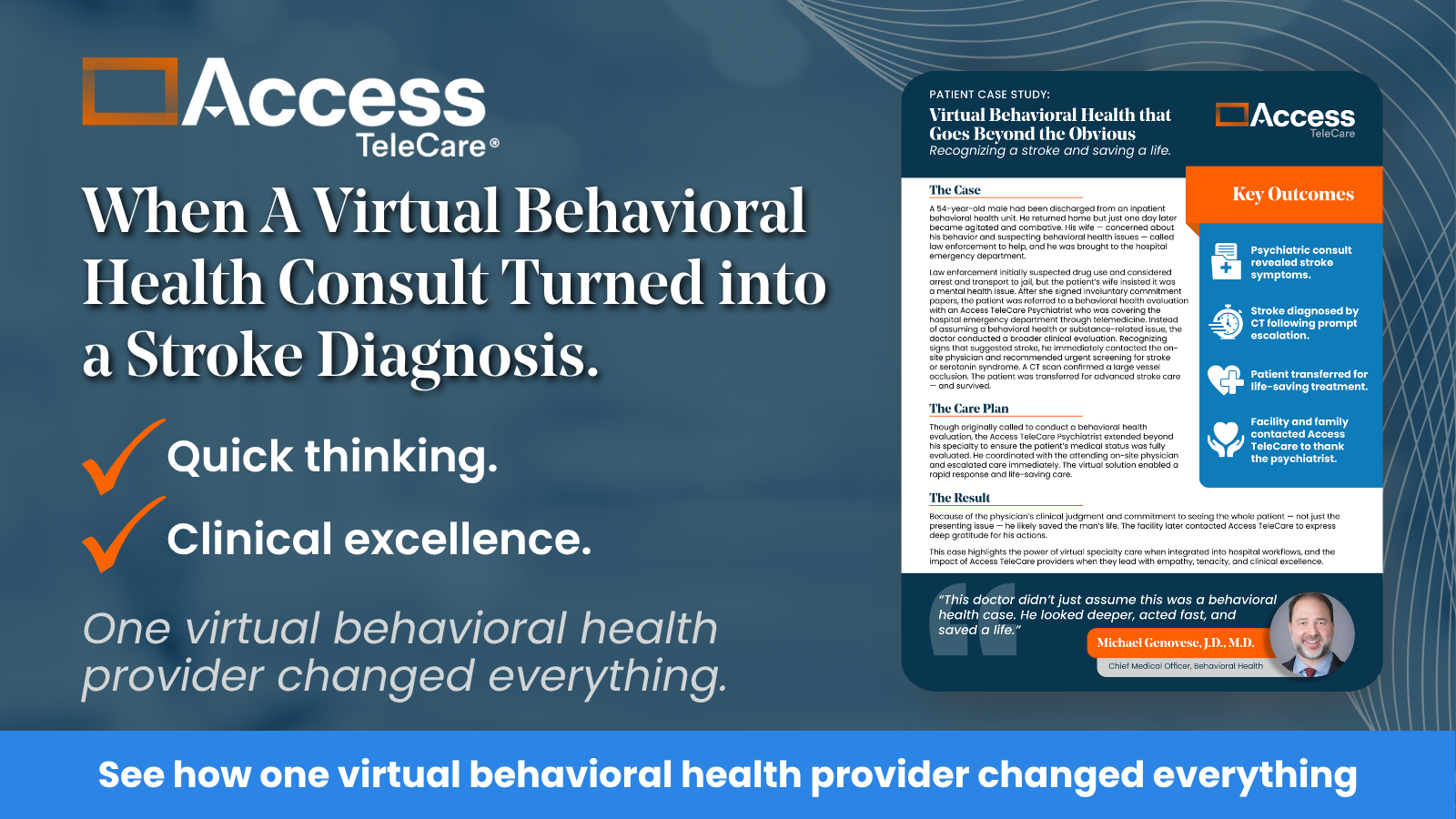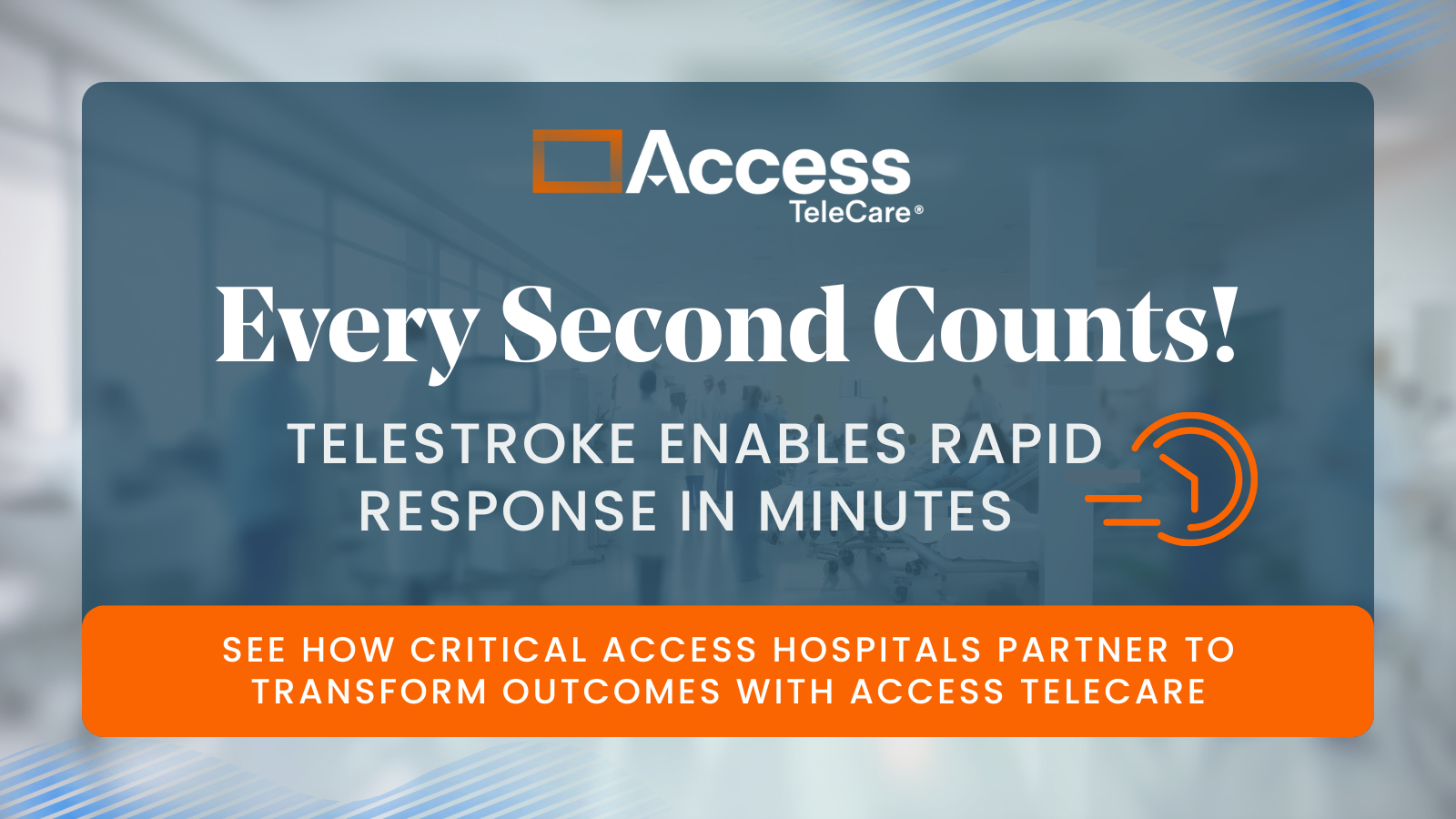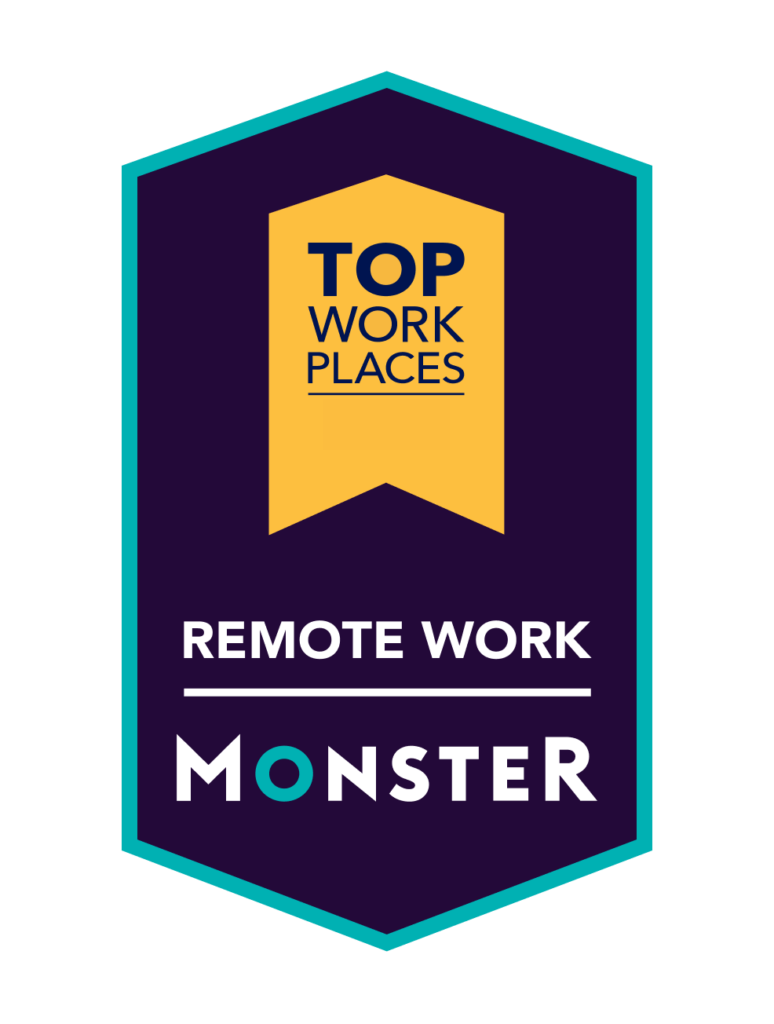Adapted from a presentation at the Telemed IQ Summit
Kathryn Buck, emergency services clinical nurse specialist, explained to Telemed IQ Summit attendees how CarolinaEast Medical Center used teleNeurology to build a comprehensive stroke care program. She started with why: “CarolinaEast is the stroke belt buckle, at the center of the stroke belt.”
“We serve a very rural part of North Carolina, with a lower healthcare literacy and the challenge of access to care. In one of our local counties, the mortality rate is twice the national average, ” said Buck.
2009: teleNeurology for stroke
The 350-bed acute care hospital in New Bern, North Carolina began its partnership with Access TeleCare in 2009, to provide teleNeurology for the tri-county community. The number of stroke patients arriving at CarolinaEast has steadily increased each year. When the hospital first engaged Access TeleCare, they saw roughly 200 stroke patients annually; all of whom required inpatient follow-up and thus transfer to other hospitals prepared to handle any potential intracranial hemorrhage (ICH).
SOC teleNeurologists provide emergency neurology consultations to critical patients who enter the emergency department, including those experiencing a stroke. The SOC physicians virtually review images, assess the patient, and make recommendations to the onsite staff such as administering a thrombolytic agent or transferring to a more advanced facility for endovascular surgery.
As the number of stroke patients arriving at CarolinaEast continued to rise each year, the need for inpatient services became apparent. For CarolinaEast, providing trustworthy care for stroke patients meant expanding inpatient stroke care capabilities to match the rising need in the community.
2016: Expanded teleNeurology to Inpatient Stroke Care
In 2016, CarolinaEast expanded its partnership with SOC and began to offer inpatient teleNeurology, available on hospital floors outside the emergency department. SOC’s inpatient services provide on-demand and scheduled consults for admitted patients or patients in observation status.
“If you build it, they will come was our mantra. We revamped our entire stroke care process,” says Buck.
By 2018 the hospital was firmly established in the community as providing high-quality evidence-based stroke care. CarolinaEast Medical Center is the closest hospital for some surrounding counties that has CT and thrombolytic administration capabilities, making CarolinaEast a regional leader in stroke care.
2020: Comprehensive Stroke Care Program
Initially created a decade ago for emergency stroke care, the partnership between CarolinaEast and Access TeleCare now fully establishes the hospital as both an emergency and inpatient stroke program and as a leader in comprehensive stroke care in the region. The partnership means CarolinaEast can provide high-quality stroke care on-demand.
More than 470 stroke patients were treated in 2018 by a combination of emergency doctors and teleNeurologists.
Added benefit: gaining patient consent
While CarolinaEast was already administering a thrombolytic agent to eligible patients before partnering with SOC, gaining consent from the patients and families for the drug was often difficult. With SOC TeleNeurologists explaining the potential risks and benefits present with the drug, consent has increased. In 2018, CarolinaEast administered the lifesaving drug 34 times and retained 28 of those patients.
By offering SOC teleNeurology to assess strokes, guide onsite clinicians in drug administration, and consult with families on the need for consent, the number of strokes treated onsite at CarolinaEast grew exponentially and transfer rates decreased significantly. With fewer stroke patients transferred, and more stroke patients seeking CarolinaEast, the hospital’s comprehensive stroke care program is today a profit center for the hospital.
And more importantly, the care patients received is better than ever before, thanks to the two teams of SOC and CarolinaEast working together on a more effective process.
“We really like to celebrate successes throughout the hospital,” said Buck. “And this was a really big success.”
***
SOC thanks Kathryn Buck, MSN, CEN, AGCNS-BC, Emergency Services Clinical Nurse Specialist at CarolinaEast Health System, for her time and expertise in presenting at our Telemed IQ Summit. Download the CarolinaEast case study to share with your colleagues. For more information on SOC teleNeurology services, please contact us for a working session.








